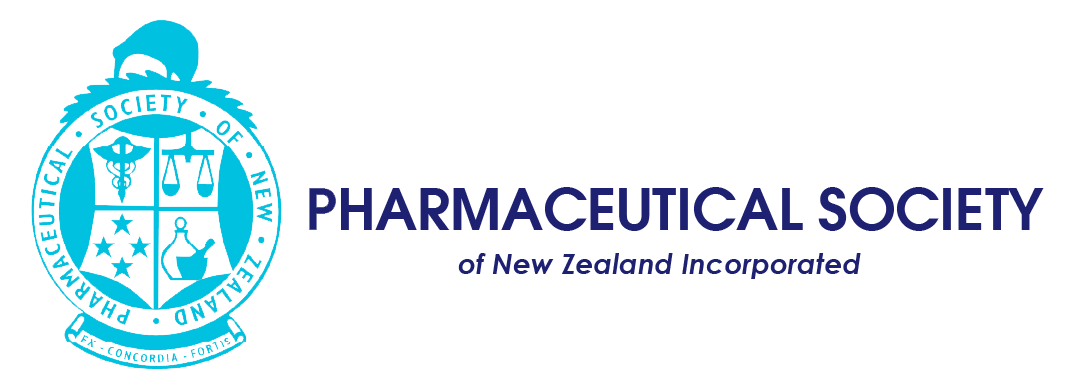Pharmacist educator Liz Johnstone retires from PSNZ
She’s never moved more than seven kilometres away from her home yet has ended up being an internationally renowned educator in the world of pharmacy.
Pharmacist educator Liz Johnstone always wanted to work in pharmacy.
“Ever since I was a little girl, I wanted to work in a chemist shop. My two favourite subjects at school were maths and chemistry.”
She grew up in the Wellington suburb of Crofton Downs.
Her first memory of a pharmacist at Ngaio pharmacy sent her on a lifetime journey of helping people through medicine and education. She returned to Ngaio pharmacy for her internship year.
After 44 years as a working pharmacist, she’s stepped away from her work at the Pharmaceutical Society of New Zealand to focus on herself and her family. She’s thrown herself into embroidery, computer programming, and garden supervision.
“I’m staying in Wellington. It’s a wonderful place to live. It’s in walking distance to everywhere. You can’t beat Wellington on a good day. I live about 45 minutes’ walk from the CBD. And in another 20 I can be somewhere rural.”
She first got involved with the Society while she was working in Churchill Pharmacy in Crofton Downs.
“Way back in the ‘90s, I got involved in the first of the intern assessment centres. In 2004, the Society moved from being both the regulator and the professional body to just being the professional membership organisation. This was when I was offered the job of implementing and providing support for the new recertification programme called ENHANCE when recertification became compulsory following the introduction of the Health Practitioners Competence Assurance Act.”
There have been several highlights from Liz’s years at the Society.
Being involved in the development, implementation, and support for version two of the ENHANCE programme was “really significant”.
“This became an internationally respected programme with other countries using it as a model for their pharmacist recertification programmes.”
As part of the support developed for ENHANCE, Liz developed the PSNZ CE Accreditation Standards, to assure pharmacists and other stakeholders that an activity met set standards for both educational quality and relevance to professional pharmacy practice.
These Standards were based on the Pillars and Foundations of Quality (FIP 2014)[1] and internationally peer reviewed.
This led to Liz’s involvement in the development of a global accreditation framework designed for use by accreditors, education providers and pharmacists worldwide. This work was published in a special edition of the Pharmacy Journal in 2020[2]. She will be continuing to work with the FIP Quality Consortium.
After the ENHANCE programme was discontinued, Liz became the manager for PSNZ Education, Professional Development and Training.
“I’m incredibly proud of what I achieved. I’m incredibly proud of all the teams I was part of and privileged to lead.”
The biggest changes she has noticed over her years in pharmacy are how pharmacists and their professional knowledge are valued more now than they were in the past. in terms of becoming a recognised health profession in its own right, and the value other health professionals now place on pharmacists. “It is increasingly recognised by regulators and government that pharmacists do more than count tablets.”
Despite this more needs to be done to show pharmacists how valued they are, she says. “There needs to be appropriate financial recognition for what we do. There’s growing professional recognition for what we do, but there’s a long way to go.”
[1] Quality Assurance of Pharmacy Education: The FIP Global Framework’ 2nd ed 2014 available from www.fip.org/publications > Reports/ Reference papers
[2] Pharmacy 2020, 8(3), 114; https://doi.org/10.3390/pharmacy8030114 - 09 Jul 2020

